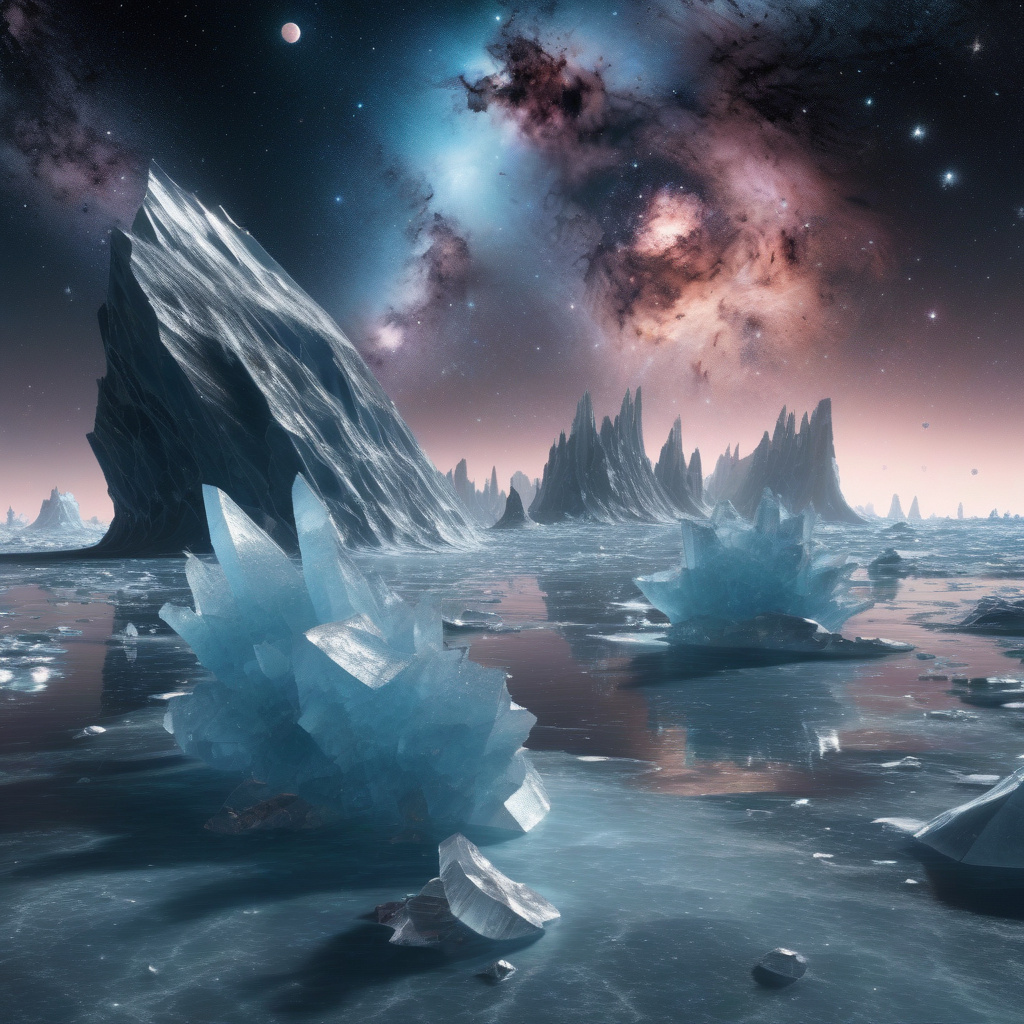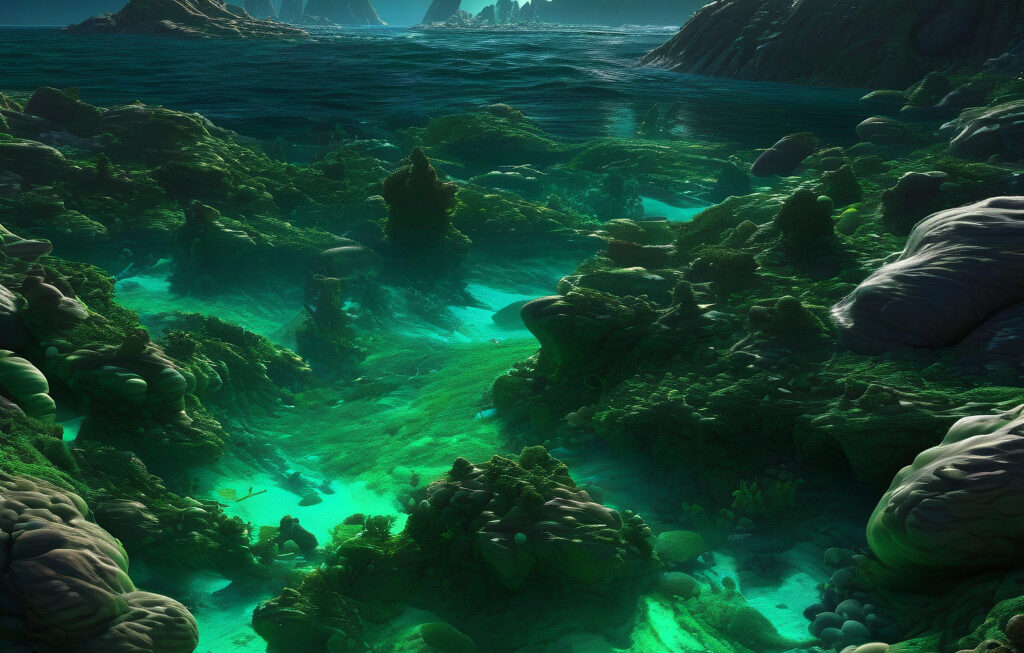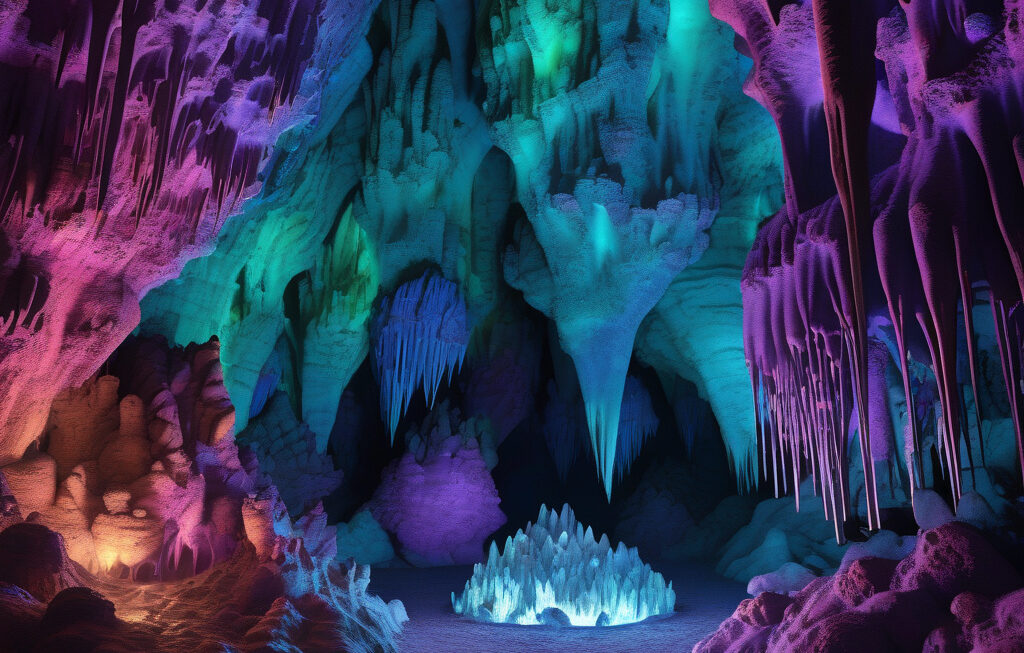Life may have begun on interstellar ice, not water: French study finds
A recent study from France found that the chemical basis for life can form in the icy depths of space, challenging the long-held belief that water is essential for life to originate. This groundbreaking research, led by scientists at the University of Paris and published in the journal Science Advances, suggests that the building blocks of life may have originated on interstellar ice grains before being brought to Earth by comets.
The study focused on the formation of amino acids, which are essential for life as we know it. By recreating the extreme conditions of outer space in a laboratory setting, the researchers were able to demonstrate that amino acids could form spontaneously on icy surfaces exposed to ultraviolet radiation. This finding has profound implications for our understanding of the origins of life on Earth and beyond.
One of the key implications of this study is that life may not be unique to our planet. If the building blocks of life can form in the cold emptiness of space, then it is possible that life exists elsewhere in the universe, perhaps even on icy moons such as Europa or Enceladus. This idea is supported by recent discoveries of organic molecules on comets and asteroids, further bolstering the case for extraterrestrial life.
Moreover, the study sheds light on the potential for panspermia, the theory that life can spread from one planet to another via comets or meteoroids. If the building blocks of life can survive in the harsh environment of space, then it is conceivable that they could travel between planets and even seed new forms of life wherever they land.
This research also has practical implications for astrobiology and the search for life beyond Earth. By expanding our understanding of where and how life can originate, scientists can better target their search for habitable planets and alien life forms. Instead of focusing solely on planets with liquid water, researchers may now consider icy worlds as potential cradles of life.
In conclusion, the French study challenging the conventional wisdom that life requires water to originate opens up new possibilities for the origins of life in the universe. By demonstrating that the chemical basis for life can form on interstellar ice, the researchers have paved the way for a more expansive and inclusive view of life’s beginnings. As we continue to explore the cosmos and search for signs of extraterrestrial life, this study serves as a reminder that the universe is full of surprises, waiting to be uncovered.
interstellar, life, French study, amino acids, origins of life












